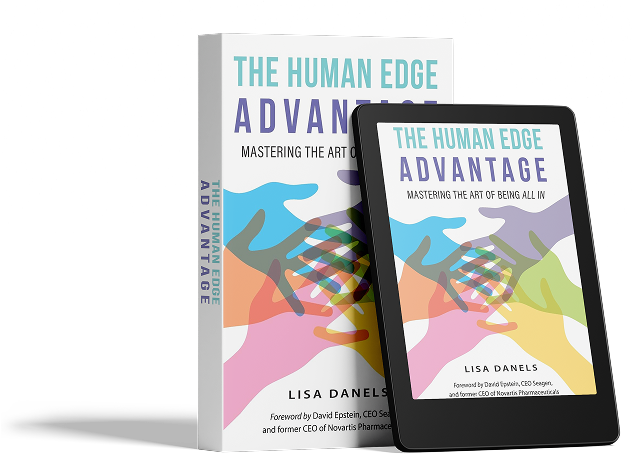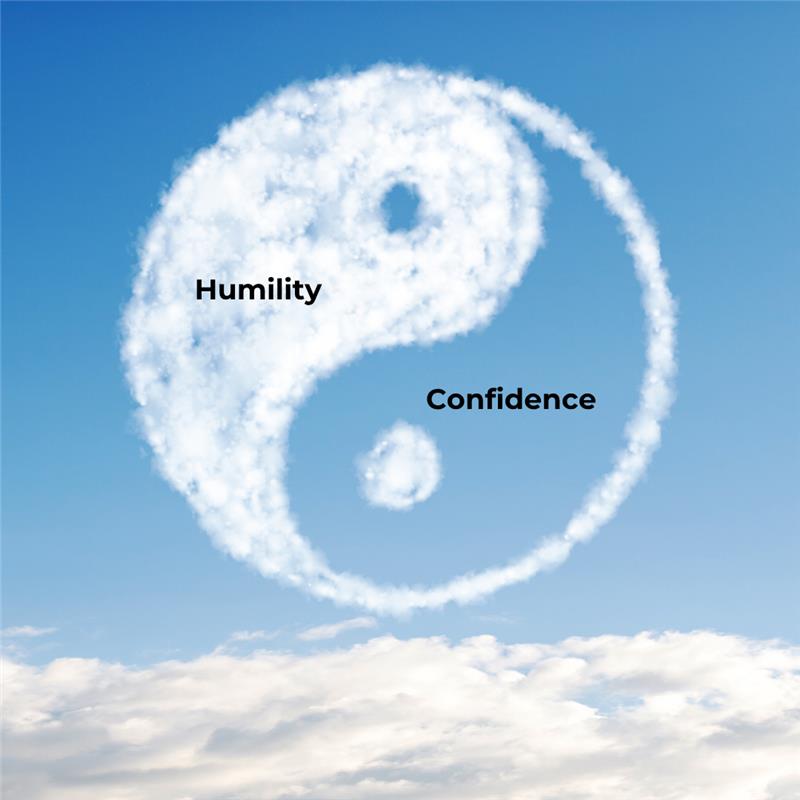Would you like to become more self-aware? Research shows that we are generally less accurate about ourselves than we believe. Here’s a dummies guide to the what, the why, and the how to of self-awareness.
Do you consider yourself to be self-aware? Do you think you can assess your emotions, gauge your impact on others, and are clear about your goals? Then, you might want to think again!
In her book Insight Dr. Tasha Eurich uncovers that while 95% of people claim to be self-aware, 15% actually are. In many cases people err on the side of over-confidence. However, people can also have a belittled self-image, as in the case of the impostor syndrome.
Self-awareness is a central element of emotional intelligence. Indeed, it is associated with job performance and satisfaction, interpersonal trust, and more effective leadership. It is also the first step to shift our identities and build a better version of ourselves.
But why are people such poor judges of their own self-awareness? What does it mean to be genuinely self-aware? And why does this matter more than we might think?
Defining what does it means to become self-aware
According to Daniel Goleman and colleagues, “being self-aware means having a deep understanding of one’s emotions, strengths, weaknesses, needs and motives”. Complete self-awareness goes beyond merely acknowledging our emotions. Authentic self-awareness demands an honest assessment of the impact of our actions on ourselves and others . Furthermore, it it lead to make decisions according to personal values, and to frankly admit our mistakes.
Although it seems unintuitive, self-confidence can also be a sign of self-awareness. Self-aware people know their capabilities, take calculated risks, are not afraid to ask for help, and therefore, are less likely to set themselves up for failure.
Mastering self-awareness is a balancing act
Dr. Eurich introduces a dichotomy of self-awareness: internal and external self-awareness. Internal self-awareness is the ability to navigate our own values, goals, and emotions while external self-awareness measures how others perceive our behaviors. Striking a balance between the two is essential to prevent a skewed focus on external validation or a self-centered worldview. For instance, people low on internal self-awareness but high on external self-awareness may become so preoccupied with how others see them that they neglect to pursue their own personal goals and values which may hurt their authenticity. On the other hand, people low on external self-awareness but high on internal self-awareness may be so inward-focused that they fail to let external perspectives help shape their self-view, and may demonstrate a lack of awareness around how their actions impact others around them.
Why is it so important for individual, team, and organizational performance to become self-aware?
Mastering this act of balance allows to change behaviors for continuous improvement and learning. Indeed, only when recognizing our own limitations we enable change. In teams, becoming self-aware enhances dynamics as people can better use their individual strengths and ask for help when facing own weaknesses. In particular, open communication and taking accountability for one’s actions creates trust, contributes to conflict resolution, and leads to a harmonious team culture. Although self-awareness should be a cornerstone for successful leaders, research indicates that it is not given enough importance in standard selection or training. The traditional image of assertive, tough leaders clashes with the vulnerability and humility intrinsic to self-awareness. As such, this paradox needs to be addressed by a paradigm shift in how we think about leadership.
How can we become more self-aware?
Although self-awareness seems to be a rare quality, the good news is that it can be learned.
The first step is to stop assuming that more experience guarantees self-awareness. Years of experience can instill a false sense of self-confidence and knowledge. High levels of power can have a similar effect, leading individuals to overestimate their abilities. This can be avoided by actively seeking constructive feedback from a variety of sources.
In addition to this, it is vital that we shift our perspective by asking ‘what’ instead of ‘why’. Introspection can go the wrong way, and lead to unproductive rumination and the construction of a poor quality self-image Rather than dwelling on the why of the past, focus on what happened, the contributing conditions, and actionable steps forward.
This process requires an open safe environment to allow for honesty and critical feedback. But once we embark on this journey, we can become genuinely self-aware, transcending the mirage of confidence and inviting a genuine connection with ourselves and others.





